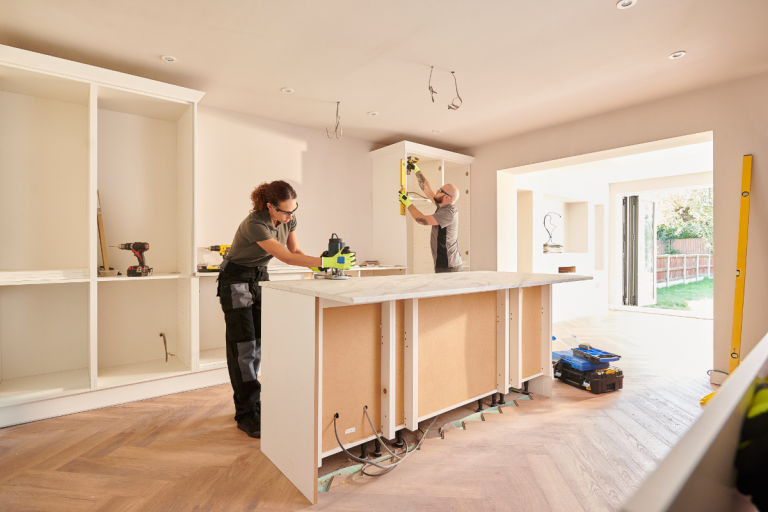
When preparing to buy or sell a home, understanding the difference between home repairs and home improvements is important. Not only can it impact your home’s value, but it also affects the overall cost basis of your property. Keeping the right receipts for the right amount of time can help when tracking your home investment.
Home Repairs
Home repairs are maintenance projects that keep your home in good condition, but do not add significant value to the price of your home. Examples include fixing a leaky faucet, patching a hole in the wall, replacing a broken window, or repainting a room. These costs are not added to your home’s basis.
Home Improvements
Home improvements enhance your home’s value, extend its lifespan, or adapt it for a new use. Renovating your kitchen, constructing an addition to your home, replacing the roof, or installing a central air conditioning system are examples of home improvements. These costs increase the basis of your home, which plays a role in determining its overall value.
What Receipts to Save and for How Long
You’ll want to keep detailed records of your home improvements. Here’s what to save.
- Receipts and Invoices: Keep all receipts for materials and labor costs related to home improvements.
- Contracts and Statements: If you hired a contractor, keep signed agreements and statements of work.
- Before and After Photos: Photos help document the scope of home improvements.
- Permits and Approvals: If your project required city or HOA approval, retain these documents.
You should keep these records and receipts for as long as you own the home since they contribute to your home’s adjusted basis.
Why This Matters When Selling Your Home
When you sell your home, your home’s adjusted basis helps determine its overall value. Your adjusted basis is the original purchase price plus improvements, but not repairs. For example, if you purchased your home for $400,000 and spent $75,000 on improvements, your adjusted basis is $475,000. The basis indicates money you put into the property, but may not be a dollar for dollar value as far as market price. This gives a clearer picture of your financial investment in the home and can be useful when negotiating the sale price.
Recognizing the distinction between repairs and improvements can help you better understand your home’s value over time. Consulting with a real estate professional can provide further guidance on how these factors impact your property investment.